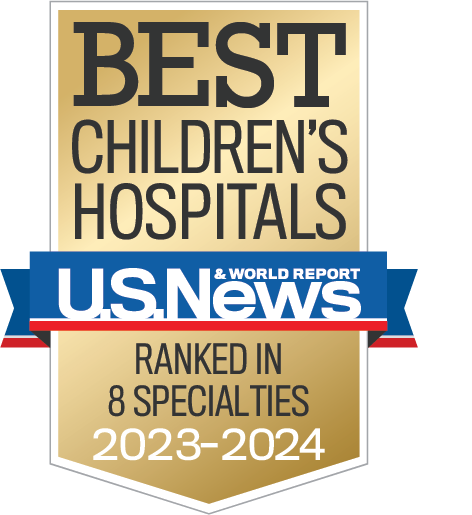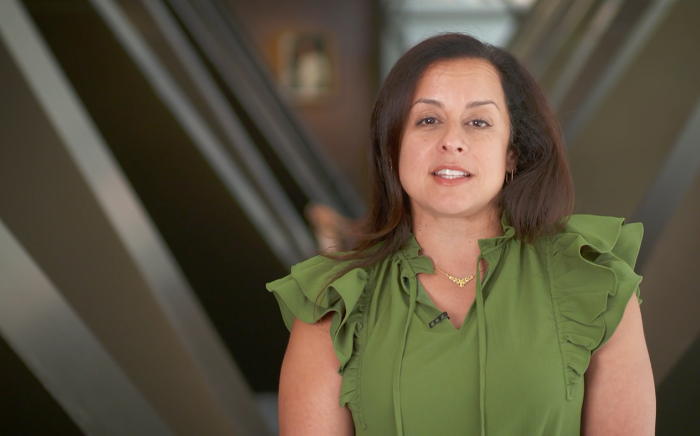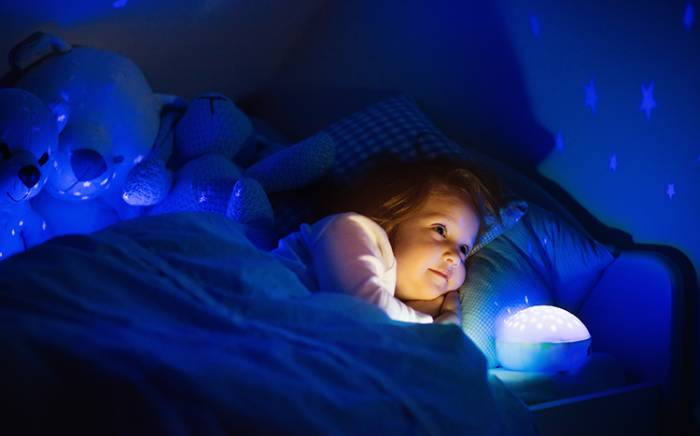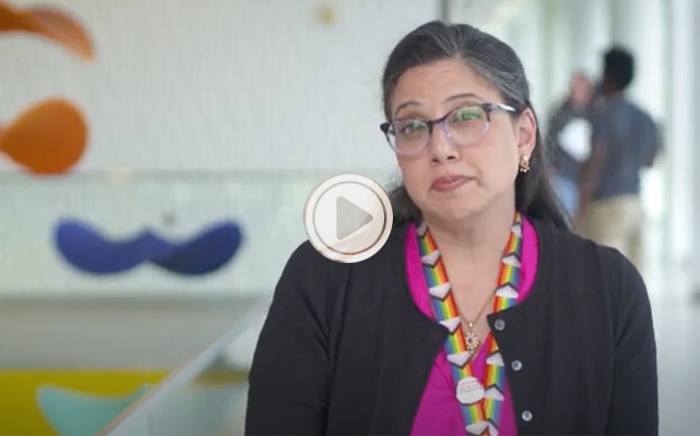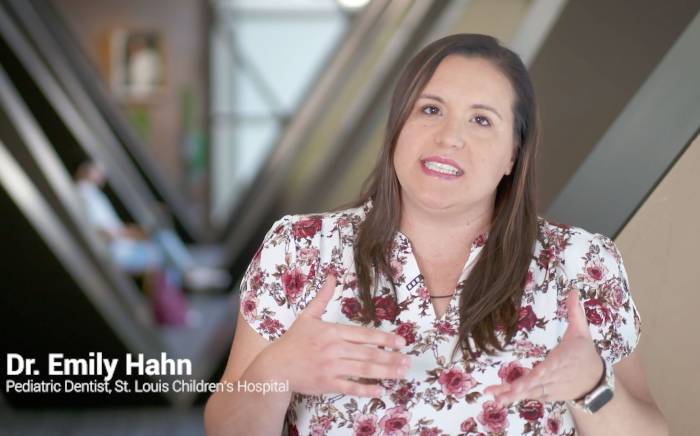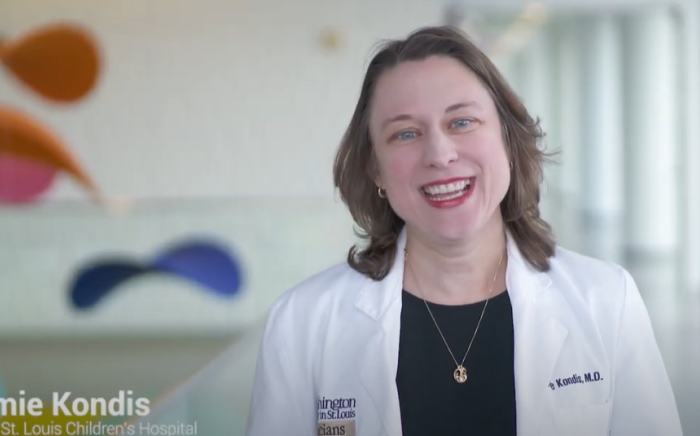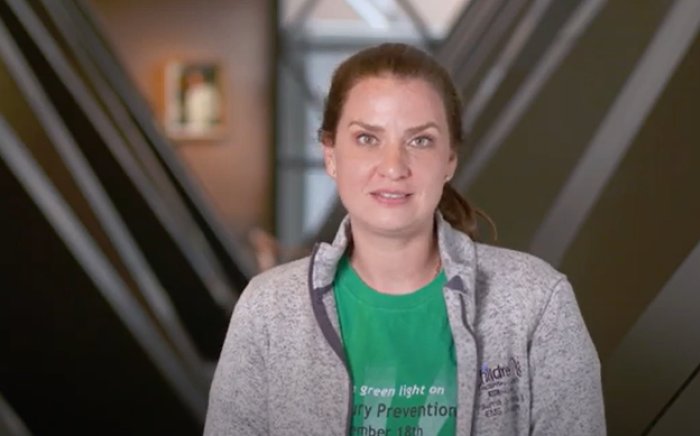If your child needs treatment for a heart condition, it can be a distressing time for your family. At the St. Louis Children’s Hospital Heart Center, our highly trained pediatric cardiologists specialize in heart care for children that uses minimally invasive procedures whenever possible. We offer these advanced treatment methods for heart care to help children recover quickly to enjoy their best possible health.
For more information or to make an appointment with a pediatric heart doctor, please call 314.454.5437 or 800.678.5437 or email us.
What Is Cardiac Catheterization?
Cardiac catheterization is a nonsurgical, minimally invasive procedure in which a doctor threads thin, flexible tubes called catheters into a blood vessel and guides them to the heart. Cardiac catheterization can help diagnose and treat a variety of congenital and acquired heart conditions.
Why Choose St. Louis Children’s Hospital for Your Child’s Heart Care?
The pediatric cardiac catheterization program at St. Louis Children's Hospital is one of the most highly respected programs in the nation. Our program offers:
- A family-centered, compassionate approach that puts your child’s comfort first
- Expert care from doctors who are internationally recognized leaders in cardiac catheterization for children
- A team approach, with anesthesiologists trained specifically in cardiac care, highly experienced nurse practitioners as well as nursing staff in the catheterization laboratory and recovery room focused on the management of cardiac patients
- Minimally invasive treatment techniques to delay or avoid the need for open-heart surgery
- The latest technology for more accurate treatment and shorter recovery times, helping your child get back to an active life sooner
- Extensive practice in treating the most complex conditions, resulting in more treatment expertise and better outcomes
- Our nationally accredited Catheterization Lab, which contains two labs fully outfitted with the latest technology and designed for children
At the Heart Center, our pediatric heart specialists include cardiologists who specialize in heart disease and electrophysiologists who specialize in electrical disorders of the heart, such as abnormal heart rates or rhythms. The heart doctors at St. Louis Children's Hospital have years of experience performing cardiac catheterization for children.
Our experience means that we can handle even the most complex cases. In 2019, we completed:
- 560 diagnostic and interventional cases
- 120 electrophysiology studies for diagnosis and ablations for treatment
- 25 pacemaker and defibrillator implants to treat heart rhythm disorders
- 50 implanted devices to monitor heart rhythm
- 55 additional procedures performed
For more information or to make an appointment with a pediatric heart doctor, please call 314.454.5437 or 800.678.5437 or email us.
Cardiac Catheterization Services We Offer
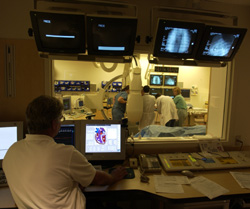
The Cardiac Catheterization Lab at St. Louis Children's Hospital offers a number of leading-edge services and treatments, some of which our electrophysiologists helped to pioneer.
Diagnosing heart conditions in children
We use catheterization as an advanced tool for diagnosing a child’s heart conditions. Most procedures use angiography to visualize the patient’s anatomy. After placing the catheter, dye passes through the thin tube to show how blood flows through the heart's chambers, valves and blood vessels. During these procedures, we also use catheters to measure blood pressures in all of the heart chambers and blood vessels.
Heart surgery preparation and follow-up
Our doctors often use cardiac catheterization to prepare children for open-heart surgery. We may first place a catheter to measure pressures and study blood flow patterns to make sure that your child is a good candidate for surgery. Children who have had a heart transplant may also need follow-up catheterization care to ensure that the new heart and arteries are functioning properly.
Interventional procedures
Most catheterization procedures involve performing an intervention using a balloon, stent or device to fix or improve:
- Heart valves (aortic or pulmonary valvuloplasty)
- Closure of holes in the heart (patent foramen ovale, atrial septal defects, ventricular septal defects)
- Closure of undesirable blood vessels (patent ductus arteriosus, collaterals, coronary artery fistulas)
- Opening of narrowed blood vessels (coarctation of the aorta, narrowed pulmonary arteries)
Heart valve replacement
We have extensive experience in using catheter-based procedures for heart valve replacement, avoiding the need for open-heart surgery. The Heart Center is one of a select group of pediatric centers in the U.S. that is using this minimally invasive approach to treat congenital heart disease in children. Since 2010, we have implanted approximately 250 valves using a catheter-based approach. Given our high interventional volume and excellent results with even the most complicated conditions, we are a site for many FDA-mandated investigational trials involving the use of new technology. This allows us to care for more children without surgery using technology only available to a few centers across the country.
Harmony™ transcatheter pulmonary valve (TPV)
Our Washington University interventional cardiologists at St. Louis Children's Hospital are the first in the region to implant the Harmony™ valve. This is an FDA approved valve that can be delivered through a catheter and is designed to replace a leaky pulmonary valve. Many patients who have had surgery for congenital heart defects will have a leaky pulmonary valve. Over time this can result in progressive enlargement of the right side of the heart. In order to treat this, a new valve will need to be placed. This can be done either surgically or in the cardiac catheterization lab if the patient is a suitable candidate. For many patients however, the area where the valve is to be implanted was too large for currently available valves. The Harmony™ valve has overcome this limitation for many of these patients. It is a valve specifically designed to be delivered through a catheter, avoiding open heart surgery, and is intended to treat patients who have a very large pulmonary artery and who were not previously candidates for this procedure.
Occlusion of the Patent Ductus Arteriosus (PDA)
Patent Ductus Arteriosus (PDA) is a condition in which the in-utero connection between the aorta and pulmonary artery persists after birth. This causes the heart and lungs to work harder. PDA occurs more commonly in premature babies, and can be particularly detrimental. Traditional treatment for babies has been to surgically separate the connection, or the PDA. The Heart Center now uses a minimally invasive transcatheter method for the repair for even our smallest patient. There is no minimum age for this treatment.
Adult Congenital Heart Disease
While it used to be that almost all patients with congenital heart disease (CHD) were children, today more adults are living with CHD than children. Our team uses a multidisciplinary approach to care for the unique and complicated medical needs of adult CHD patients. As patients grow into adulthood, their medical needs and treatment options change. We collaborate with our patients to help them transition to adult cardiology care at Barnes-Jewish Hospital through the Adult Congenital Heart Disease program.
Other specialized procedures
Our catheterization team is equipped to handle a wide-range of specialized procedures. As one of the largest pediatric heart teams in the nation, our experts in both open-heart surgery and cardiac catheterization work together to provide advanced treatment for children with complex heart conditions, including those with single ventricle defects. For instance, in a hybrid procedure, we combine open-heart surgery with cardiac catheterization. Our catheterization team also has experience with many conditions, from the most common defects to the rarest diseases. These include:
- Fibrosing Mediastinitis, a rare complication of Histoplasmosis fungal infection that can lead to progressive narrowing of the blood vessels around the heart. Our center specializes in the vascular management of this condition in the catheterization laboratory.
- Middle aortic syndrome, a condition in which there is narrowing along several segments of the aorta as it travels in the lower chest and abdomen. Our team has experience in using balloons and stents to manage this condition without surgery.
For more information or to make an appointment with a pediatric heart doctor, please call 314.454.5437 or 800.678.5437 or email us.
Cardiac Catheterization: What to Expect Before the Procedure
Our experienced teams of doctors and nurses are with you and your child every step of the way through the care journey:
- The day before the procedure, your child will receive pre-catheterization tests and imaging, as needed. A member of our team will meet you at the Outpatient Testing Area to review your child's medical history, explain the procedure and obtain a signed consent form. We also tell you what time your child should stop eating or drinking for the procedure.
- On the morning of the procedure, go to the Admitting Desk on the first floor at your scheduled time. You will be escorted to the pre-operative area near the catheterization laboratory.
- When we call your child, the nurse will ask him or her to use the bathroom. Your child may be given medicine that causes drowsiness.
- You may stay with your child until it is time to enter the cardiac catheterization lab. At that time, you can return to the waiting area. Utilizing the EASE app, you can communicate with the cath lab nursing staff and receive updates on the procedure. The procedure lasts approximately two to four hours.
Cardiac Catheterization: What to Expect During the Procedure
- Once in the catheterization laboratory, your child will receive medications to keep them relaxed and pain-free throughout the procedure.
- A specially trained cardiologist will perform the procedure. During the procedure, your child will lie on a special table under an X-Ray machine. The physician will insert a thin flexible catheter into the blood vessel, typically in the groin, neck and/or shoulder.
- The physician will guide the catheter to the heart through the blood vessel using X-Ray guidance. The rest of the procedure will be performed at this point as described by your cardiologist.
Cardiac Catheterization: What to Expect After the Procedure
- After the procedure, your child will return to the room. The doctor will discuss the preliminary findings with you. A thick pressure dressing of elastic tape and gauze sponges will cover the body area where the catheter was inserted
- Your child may be sleepy from the sedative used during the procedure. To help prevent bleeding, your child will lay flat for several hours. Your child may drink fluids after fully awakening, and eat food slowly, as tolerated.
- Often, we discharge your child the evening of the procedure. In certain cases, your child may need to stay overnight after the procedure. Before discharge, a doctor will examine your child and determine whether it is appropriate to leave. You will receive discharge instructions and supplies needed for wound care.
- After the procedure, your child may receive new medications or be required to start taking antibiotics before dental visits or other invasive procedures. Your doctor will let you know.
- Your child should limit activity including: No sit down baths or swimming for 1 week, no excessive groin flexing (e.g. riding a bicycle) for 1 week, and no trampoline or monkey bars for 1 week.
- After your procedure, call the Heart Center for: Fever greater than 101 Fahrenheit, swelling, bleeding or excessive pain of the groin or neck, color change or numbness of the leg or arm, or chest pain, shortness of breath, fainting, palpitations.
- Please follow up with your cardiologist as scheduled after the procedure
For more information or to make an appointment with a pediatric heart doctor, please call 314.454.5437 or 800.678.5437 or email us.




